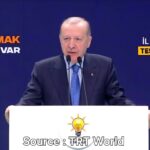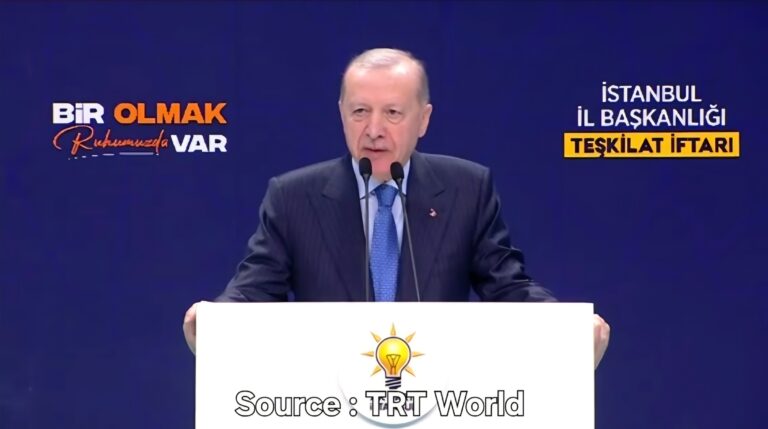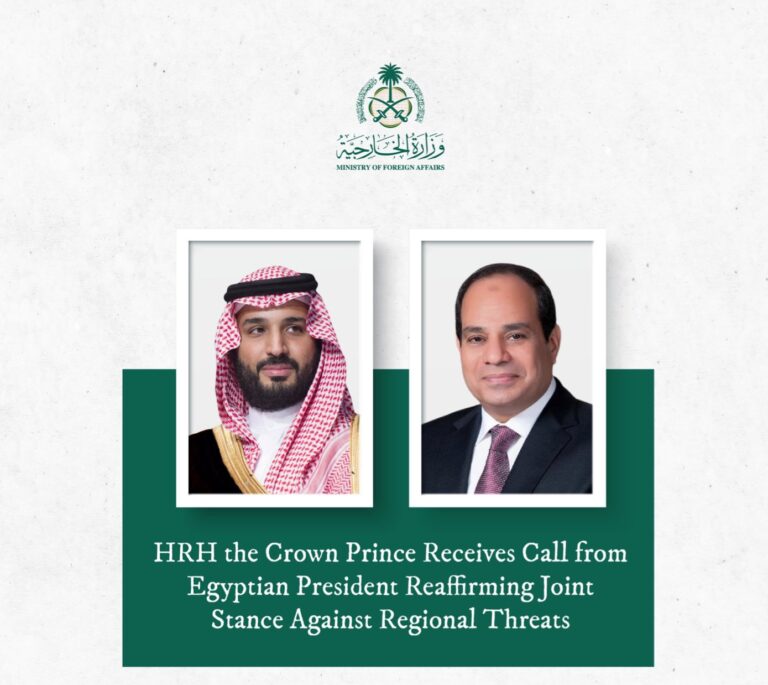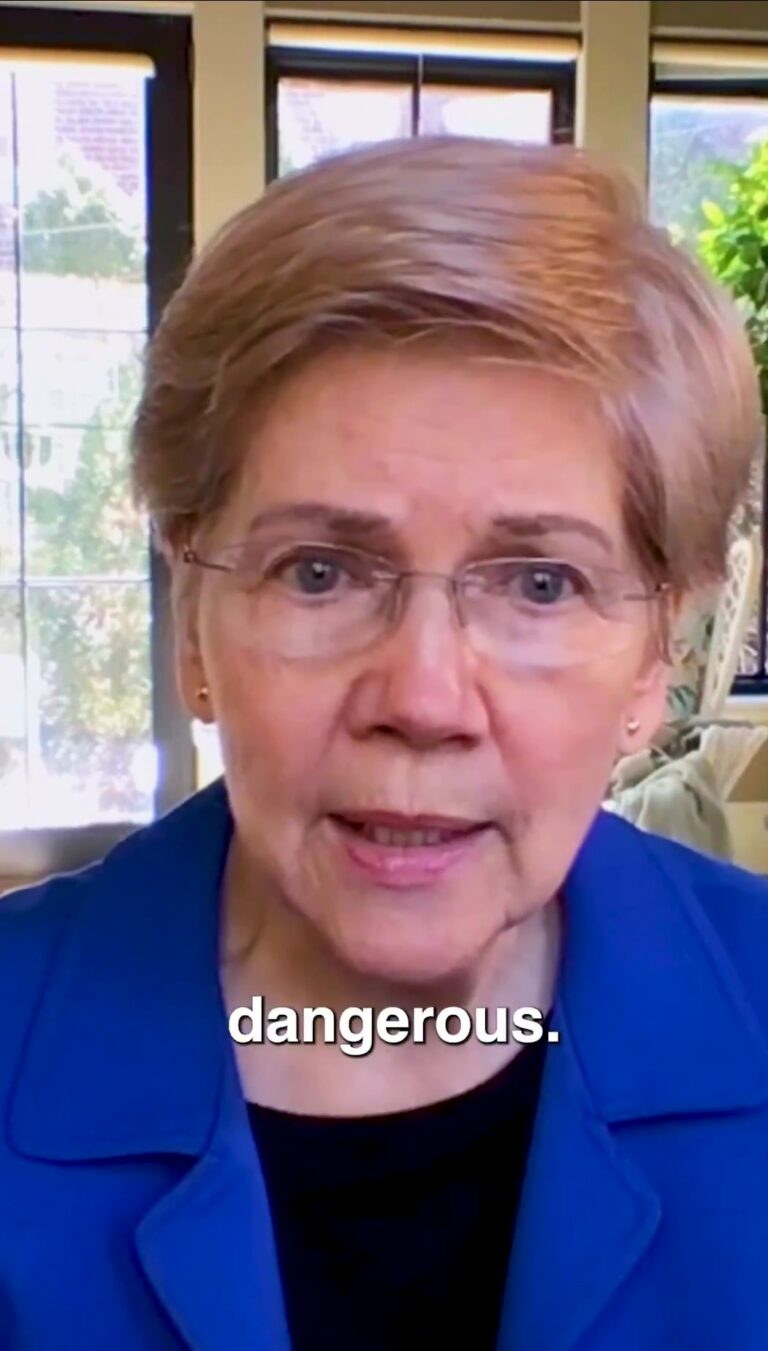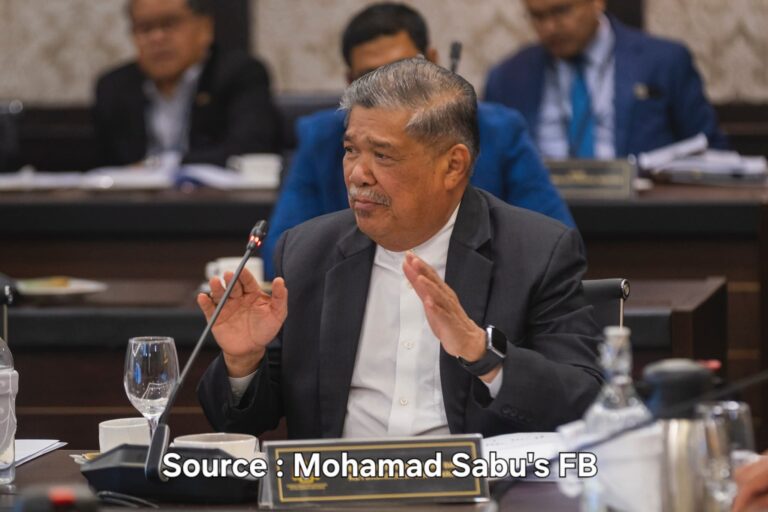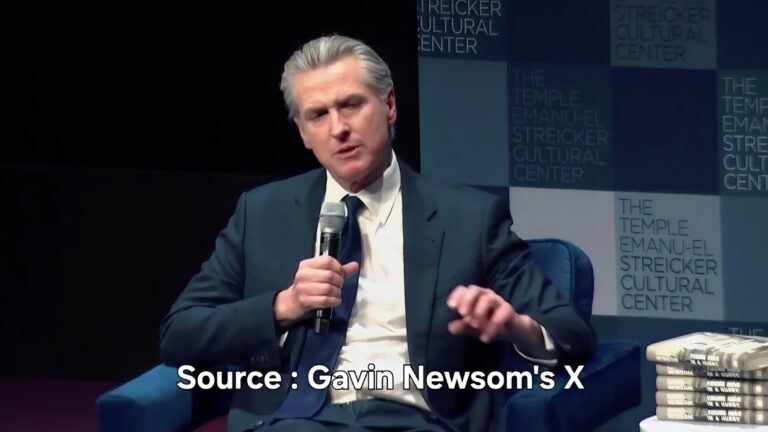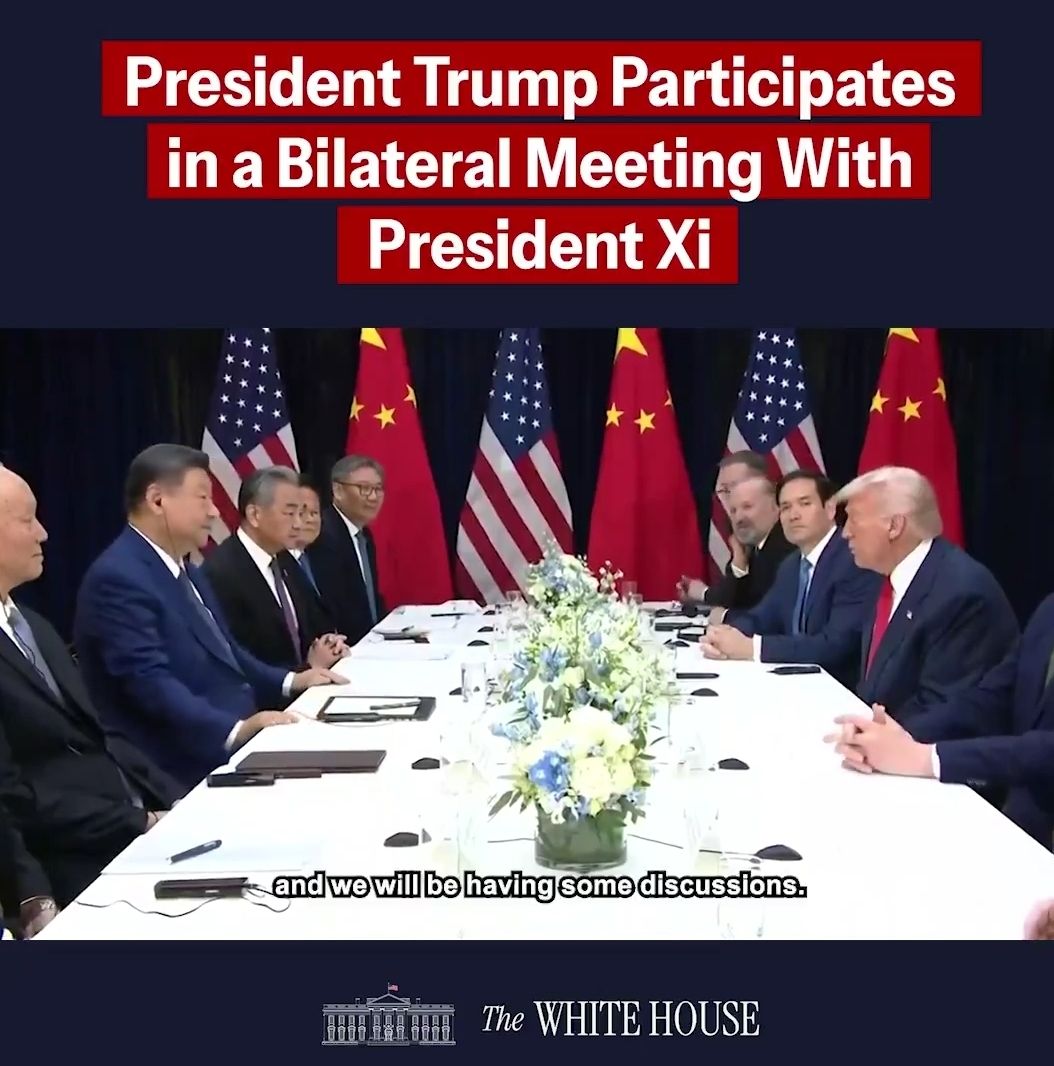
BUSAN, SOUTH KOREA Oct 30. 2025 – In a highly anticipated reunion, U.S. President Donald J. Trump and Chinese President Xi Jinping held a bilateral meeting on the sidelines of the 2025 Asia-Pacific Economic Cooperation (APEC) Summit here on Thursday, marking their first face-to-face discussions in six years. The roughly 100-minute session, which wrapped up earlier today, focused on thawing tensions in U.S.-China relations, with both leaders expressing optimism about future cooperation amid ongoing trade frictions.
The meeting took place against the backdrop of the APEC Summit in Gyeongju and Busan, where global leaders gathered to address economic challenges in the Asia-Pacific region. Trump arrived in South Korea as part of a broader Asia tour, his first major international outing since reclaiming the presidency earlier this year. Xi, who has maintained steady communication with Trump post-reelection—including three phone calls and several letters—welcomed the opportunity to steer the world’s two largest economies toward stability.
“It’s very warm seeing you again! It’s been many years,” Xi remarked at the outset, according to footage circulating from the event. “Since your reelection, we’ve spoken on the phone three times, exchanged several letters, and stayed in close contact… It is normal for the two leading economies of the world to have frictions… you and I, at the helm of China-US relations, should stay the right course and ensure the steady sailing forward of China-US relations.”
Trump, known for his direct style, reciprocated the warmth while hinting at substantive progress. In opening remarks captured by White House cameras, he described Xi as “a great leader of a great country” and a “friend of mine really for a long time now.” “I think we’ve already agreed to a lot of things and will agree to some more right now,” Trump said. “We’re going to have a fantastic relationship for a long period of time, and it is an honor to have you with us.”
Post-meeting statements from the U.S. side underscored breakthroughs on key issues. Trump touted the talks as exceeding expectations, announcing a lowered tariff rate on certain Chinese goods and a preliminary framework for a broader trade deal. Negotiations on rare earth minerals—critical for U.S. technology and defense sectors—also advanced, with both sides committing to further talks to avoid supply chain disruptions. In a surprise development, Trump greenlit South Korea’s pursuit of nuclear-powered submarines, a move aimed at bolstering regional security alliances amid shared concerns over North Korea and maritime disputes in the South China Sea.
The leaders’ delegations, including top advisors like U.S. Secretary of State Mike Pompeo and Chinese Foreign Minister Wang Yi, filled a conference room adorned with American and Chinese flags. Floral centerpieces and a long white-draped table set a formal tone, though the atmosphere appeared cordial, with handshakes and smiles exchanged throughout.
Observers hailed the encounter as a potential turning point in bilateral ties, strained by tariffs imposed during Trump’s first term and exacerbated by technology export controls and intellectual property disputes. “This isn’t just optics—it’s a framework for de-escalation,” said one anonymous U.S. official, speaking on condition of anonymity. Chinese state media echoed the sentiment, framing the meeting as a commitment to “mutual respect and win-win cooperation.”
As the APEC Summit continues, attention now shifts to multilateral sessions on climate finance and digital trade. Trump departed South Korea shortly after the bilateral, bound for the United States, leaving behind a summit abuzz with speculation about the deal’s ripple effects on global markets.
The White House released video footage of Trump’s remarks, which quickly garnered hundreds of thousands of views on social media, amplifying the message of renewed partnership. Analysts will watch closely for follow-through, particularly as U.S. midterm elections loom and Beijing navigates its own economic headwinds.



